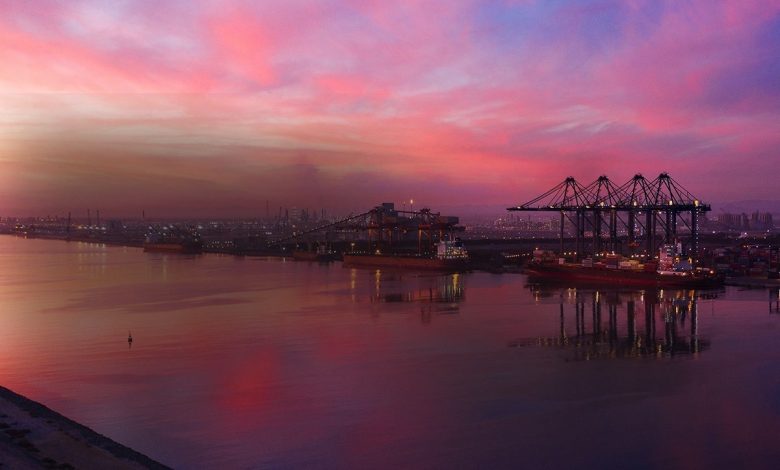How Europe can ween itself off Chinese products

In recent months we’ve had articles by Paul French, Charlie Du Cane and most recently Andy Lane touching upon the increasingly prominent issue of the re-shoring of industries and what this might mean for future shipping prospects. Today, Nigel Moore from ASP Ships Group gives his thoughts on the matter. Are free zones in the Sahara likely?
To contemplate the hot topic re-shoring issue, it’s pertinent to look back to the mid-2000s when arguably the debate about offshoring of manufacturing from China began to emerge.
At that time, the China discussion was about a lengthy supply chain and product quality versus the obvious cost advantages.
My focus then was on how the Dubai Free Zone model might be applied in North Africa to resolve two issues for Europe. First, reducing supply times and secondly, how to mitigate illegal migration across the Mediterranean into Europe, largely from sub-Saharan regions. The argument for such a development is even stronger today. Companies want shorter supply chains to manage demand fluctuations in real time. Better data now allows retailers/manufacturers to rapidly adjust their production to optimise inventory to meet demand. But how to do this efficiently when a container takes more than three weeks to reach an in-country distribution centre?
At the same time costs in China are rising and we must now contend with geopolitical issues that include sanctions and political pressure on manufacturers and banks. Global free trade seems to be losing out to protectionism.
I was in Dubai in 1984 when it was a sleepy little town
As we move into this ever more difficult environment one solution is to establish large free zone manufacturing centres across North African countries, expanding upon the garment manufacturing that already exists in Egypt and Tunisia. There’s nothing new in this, you might say.
However, if large free zones can be established (with those countries’ full support) it will allow Europe to build a huge manufacturing base close to home for everything from clothes to food to electronics.
This will result in extremely short supply times for Europe and huge economic benefit for places like Egypt, Tunisia, Morocco and perhaps even Algeria.
It will also provide jobs for sub-Saharan migrants who could work in the free zones in exactly the same way as people do in Dubai, negating the economic need for a risky crossing into Europe.
Companies investing in such free zones will be able to control their own business and benefit from low production costs. Moreover, there have been sizeable port developments across the North African coastline in recent years.
An economic boom in North African countries can only be a plus for their people and for Europe – poverty on your doorstep never ends well. Yes, there will always be some risk, but no more than we have today when sourcing from other developing countries.
And for those that say it could never work – I was in Dubai in 1984 when it was a sleepy little town.
The result for shipping would be a growth in Mediterranean short-sea trades and a much reduced Asia-Europe container business.

And Europe would still be a pathetic tourist park?